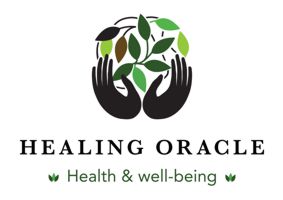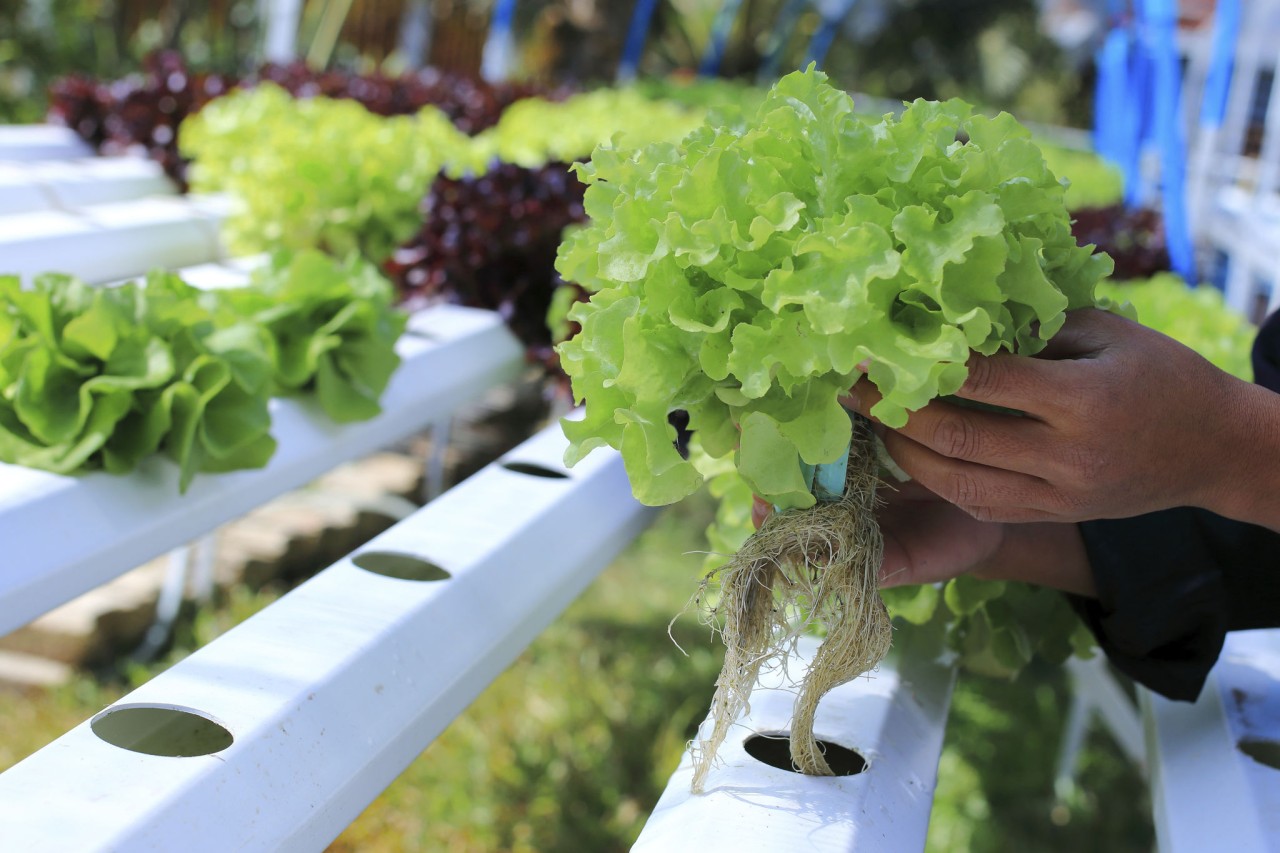Food shortage in African nations, mass food adulteration, rising consumption of processed foods, and nutrition-related disorders are snowballing towards an impending food crisis.
Agriculture, poultry & fishery are the major sources of food to feed the global population. However, it comes with the price.
Traditional and commercial agriculture has a massive carbon footprint – an unsustainable system that is deteriorating our climate while failing to provide nutritional value at scale.
Can this impending crisis be mitigated?
Seems like Hydroponic Farming is the answer!
What is hydroponic farming and how does it work?
Hydroponics involves growing plants without the soil. Hydroponic farming uses only water enriched with mineral nutrients, light, oxygen, and sometimes inert gases such as carbon dioxide or air instead of soil to provide support for plant roots.
Hydroponic farming uses up to 90% less water than traditional cultivation, is eco-friendlier, is pesticide-free, and highly sustainable (you can get your own indoor hydroponic farm for 365 fresh veggies!)
This article will explore how hydroponic farming can be a solution to the global food crisis!
Let us get started with the basics!
Problems with traditional commercial agriculture
Most commercial agriculture is still soil-based farming.
The difficulties with modern agricultural practices are many and include:
- Lack of nutrients in the soil due to erosion or depletion
- Overuse of chemical fertilizers, pesticides, herbicides, fungicides, insecticides that lead to diseases like cancer and an increased vulnerability to pests. E.g. superweeds.
- Enormous pressure on natural resources. E.g. overdrawing underground water.
- High effluent discharge into the ground and water resources. E.g. pesticides wash away into rivers.
Worrisome Global food problems
- Food shortages and hunger are now affecting more than 800 million people around the world.
- The main cause of this global food crisis is climate change, which has led to extreme weather conditions such as droughts in some areas that have reduced crop yields significantly.
- In addition, increased populations across the globe require additional resources for the sustenance of food production hotspots.
How can Hydroponic Farming solve the above problems?
Hydroponic cultivation uses less water than soil-based agriculture and is more efficient in extracting nutrients from the nutrient solution.
A hydroponic farm can also grow plants without pesticides or herbicides because they are protected by a physical barrier that restricts access to pests.
This means it is possible for an eco-friendly farming company with zero pollution to compete on price against traditional companies if their initial investment costs of setting up were low enough. This allows them not only to provide healthier produce but at lower prices as well!
In addition, hydroponic requires less land than conventional farming methods, which helps preserve natural habitat and biodiversity while reducing deforestation rates due to clearing forests for farmland.
It’s fair trade!
Hydroponics allows people to have their own fresh produce at home
A simple rack of 36-48 plants with a variety of leafy greens can give you year-round fresh produce. An indoor home hydroponic garden will take up a maximum of 30 sq. ft. area in exchange for nutritious chemical-free food for your family.
Imagine ‘grow-your-own produce’ becoming a norm in the coming years as this technology is further refined (like Aeroponics).
Would the world will be a more fulfilled place with the ‘control of food’ really belonging to people?
What’s next for this new form of agriculture?
As with any other developing technology, Hydroponics is still in its infancy. However, there’s a lot of hope that the future will see this method become more and more widespread as it continues to grow into an efficient means for producing food on large scales without having to destroy our natural resources along the way.
Share & spread the word!
Love and light.
Love and Light
The Healing Oracle Team
Please join our growing numbers on MeWe: Healing Oracle
Also join us on Twitter | YouTube
Global Petition
Please sign our global petition against enforced vaccinations The intention of this petition is to present 5 million signatures to each President, Prime Minister, Health Minister and heads of state worldwide.
Vaccines are a global problem and need to be tackled on a global level.
If we stand as one, we have a chance of saving the children of the future.

